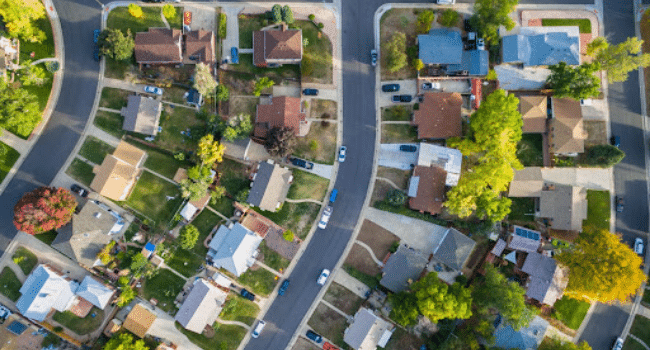Table of Contents
Managing a growing residential community can be a big and daunting responsibility. While the appointment of a Home Owner’s Association and board members can help, some tasks can be complex and might require extensive knowledge, experience, and expertise. That’s where Community Association Management comes in.
Hiring CAMs can be beneficial in various ways. It removes day-to-day community management activities from your board’s shoulders and helps carry out your vision for the community. Whether it’s financial reporting or maintenance problems, residents can count on Community Association Managers to assist. And because of this, most HOAs today opt for bringing in professional managers and management businesses to assist them in different community roles and functions.
That said, here are some things you need to know about Community Association Management.
-
Understanding The Difference Between Community Association Management And Property Management

It’s hard to pin down exactly what community association management is. It combines aspects of finance, project management, and customer service. Many individuals tend to mix CAMs with similar functions such as Home Owner’s Association (HOA), condo, and property management. While their roles overlap in some cases, they differ in terms of their expertise and scope.
Generally, homeowners and condo unit owners elect their own board of directors to manage and maintain their communities and their shared spaces. And since most board members have full-time jobs and other responsibilities, proper overseeing can be a challenge.
Property Management, on the other hand, acts as landlords rather than managers of the community. Property managers are responsible for finding tenants, managing them, and ensuring the safety of their buildings as well.
But when it comes to the whole community, day-to-day operations, CAMs are considered in charge.
-
Community Management Roles
Community association managers have a wide range of tasks. This includes direct interaction with residents, should they have concerns or if a dispute between neighbors happens, scheduling and coordinating regular board meetings, and overseeing the upkeep of shared amenities and spaces.
A community association manager’s duties will vary based on the unique demands of the neighborhood. While each company, HOAs, and management contract is unique, community management companies and community association managers may often assist with the following tasks:
- General administration and management
- Maintenance of the building and amenities
- Accounting, finance, and legal
- Insurance and loans
- Qualities To Look For In A Community Association Manager
Given the extent of the roles and functions of CAMs, it is only important that the manager to be appointed is competent enough to ensure that the organization operates smoothly.
That said, a good CAM should have the following characteristics:
-
Efficient Customer Service
The community association manager must be able to efficiently handle any community-related inquiries, complaints, or comments quickly and efficiently while keeping a pleasant customer-first approach.
-
Good Communication Skills
It’s essential for CAMs to communicate effectively and clearly with the residents of the community. They are in charge of ensuring that the community is well-informed of any significant events, maintenance announcements, policies updates, and more.
-
Good Organization Skills
It is with no doubt that CAMs have a lot on their plates, from assessing and negotiating contracts to attending meetings and managing projects. With so many accounts to manage and handle, it’s important that management to be chosen and appointed has excellent organizational abilities.
An organized system and processes can help ensure smooth day-to-day operations.
-
Professionalism
It’d be good to note that conflicts may emerge between residents. That said, a good manager should be able to mediate between the parties engaged in a dispute and assist them to come to an agreement. When dealing with a disagreement in the community, a competent CAM should maintain a professional demeanor while using solid conflict resolution techniques.
-
Good Financial Management Background
Handling finances is one of the key roles of a CAM. That said, it is important that they know their way around budgets and expenses such as operational and maintenance costs.
Landlords seek tenants with financial stability, a positive rental history, and good personal conduct. Key factors include verifiable income, a solid credit score, and positive references from previous landlords. Understanding what does a landlord look for in a tenant can help prospective renters prepare a strong application.
-
Courses For Community Association Management
Community Association Management can be an exciting role to partake in. But since it entails a lot of responsibilities, it is important that you train and educate yourself with vital information before assuming the management role.
Courses pertaining to relationship management, for instance, can help you improve customer relationships. You can also take up courses on management ethics, to help you further understand concepts such as developing and enforcing rules and policies, collection of payments, and more.
Take Away
Hiring a community association management group can benefit not just the board members, but the residents as well. Employing their services can significantly help in the overall management and overseeing of things community-related.
With these things in mind, you can make an informed decision on whether CAM is the best option for you and your community.
Read more on KulFiy
10 Key Ways CMMS Software Helps Facilities Management
5 Best System Maintenance Software
What is Modularity in Software Engineering?
3 Things To Consider For Your Product Based Business
Why Study Business? A Guide To Degrees, Careers and Desirable Skills
